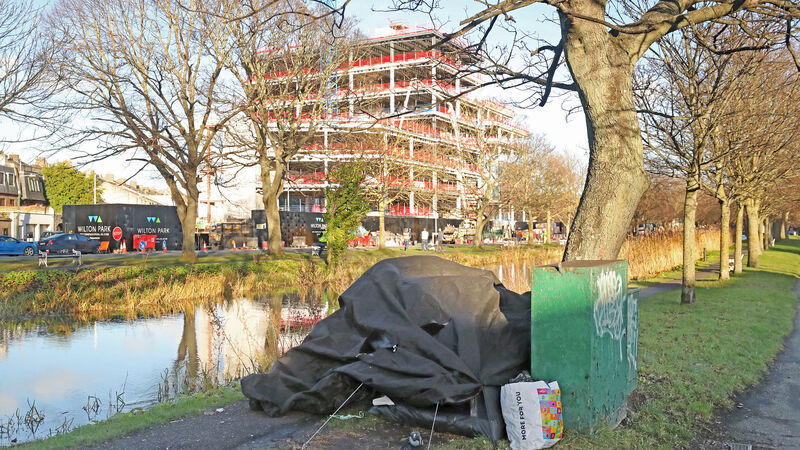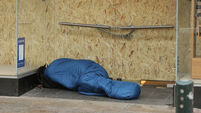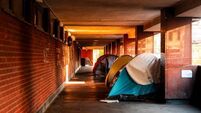Michael Clifford: Tents are symptom of hands-off State

Dublin City Council chief executive Owen Keegan suggested ‘well-intended’ homeless volunteers are sustaining people sleeping in tents on the streets of the capital. File picture: Leah Farrell/RollingNews.ie
These tents are pitched on the street and in various locations around the cities, including parks, the suburbs, and in commercial hubs.















